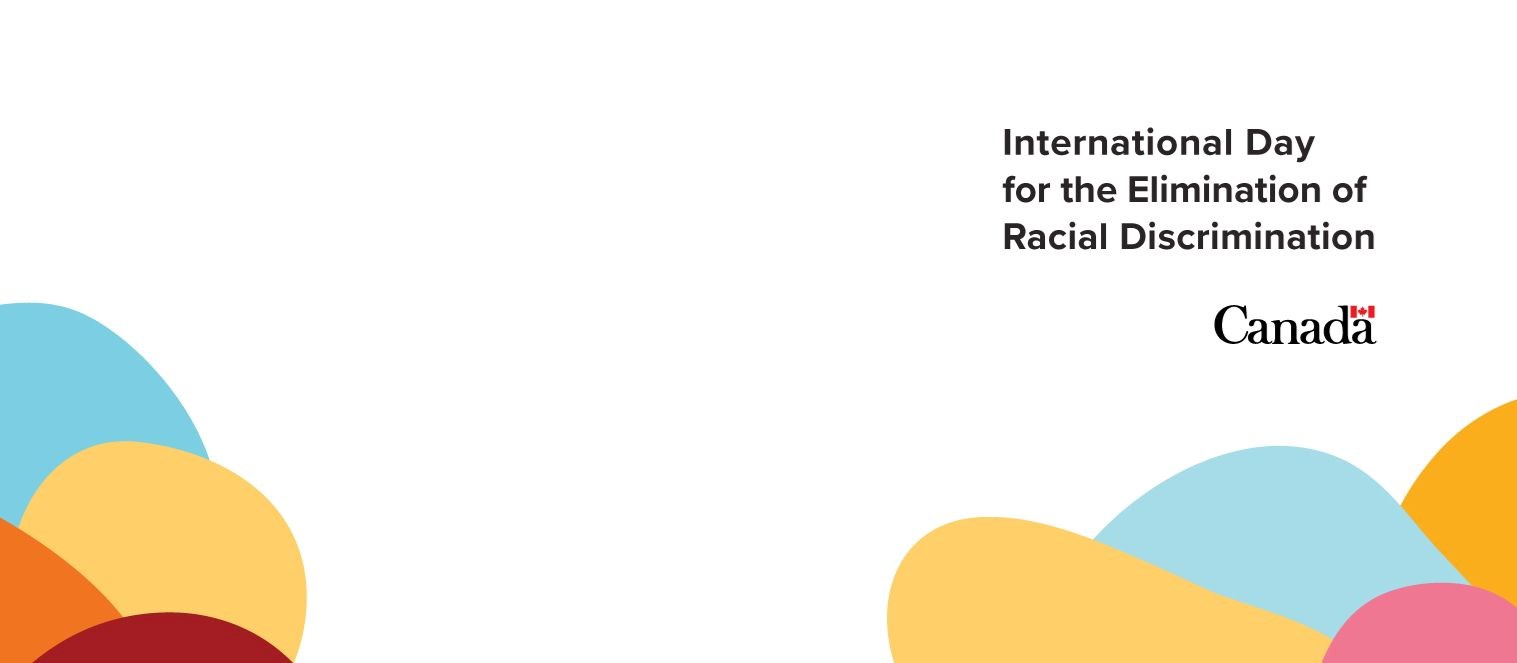International Day for the Elimination of Racial Discrimination #FightRacism
The is observed annually on the day the police in Sharpeville, South Africa, opened fire and killed 69 people at a peaceful demonstration against apartheid "pass laws" in 1960.
In 1979, the General Assembly adopted a to be undertaken during the second half of the Decade for Action to Combat Racism and Racial Discrimination. On that occasion, the General Assembly decided that a week of solidarity with the peoples struggling against racism and racial discrimination, beginning on 21 March, would be organized annually in all States.
Since then, the apartheid system in South Africa has been dismantled. Racist laws and practices have been abolished in many countries, and we have built an international framework for fighting racism, guided by the . The Convention is now nearing universal ratification, yet still, in all regions, too many individuals, communities and societies suffer from the injustice and stigma that racism brings.
Resources:
- (United Nations)
What is racial discrimination?
Racial discrimination refers to the practice of treating people differently or unjustly because of their race, ethnic origin, skin colour, language or religion. It can also be systemic, meaning that the discrimination has been built into the structures and institutions of society. This type of discrimination is often more subtle and harder to identify, but it can have significant impacts on the lives of Indigenous peoples and racialized and religious minority communities.
Racial discrimination can take place anywhere in your daily life, including in the workplace, housing, education, and healthcare, and extends to racial profiling by law enforcement and even hate crimes.
